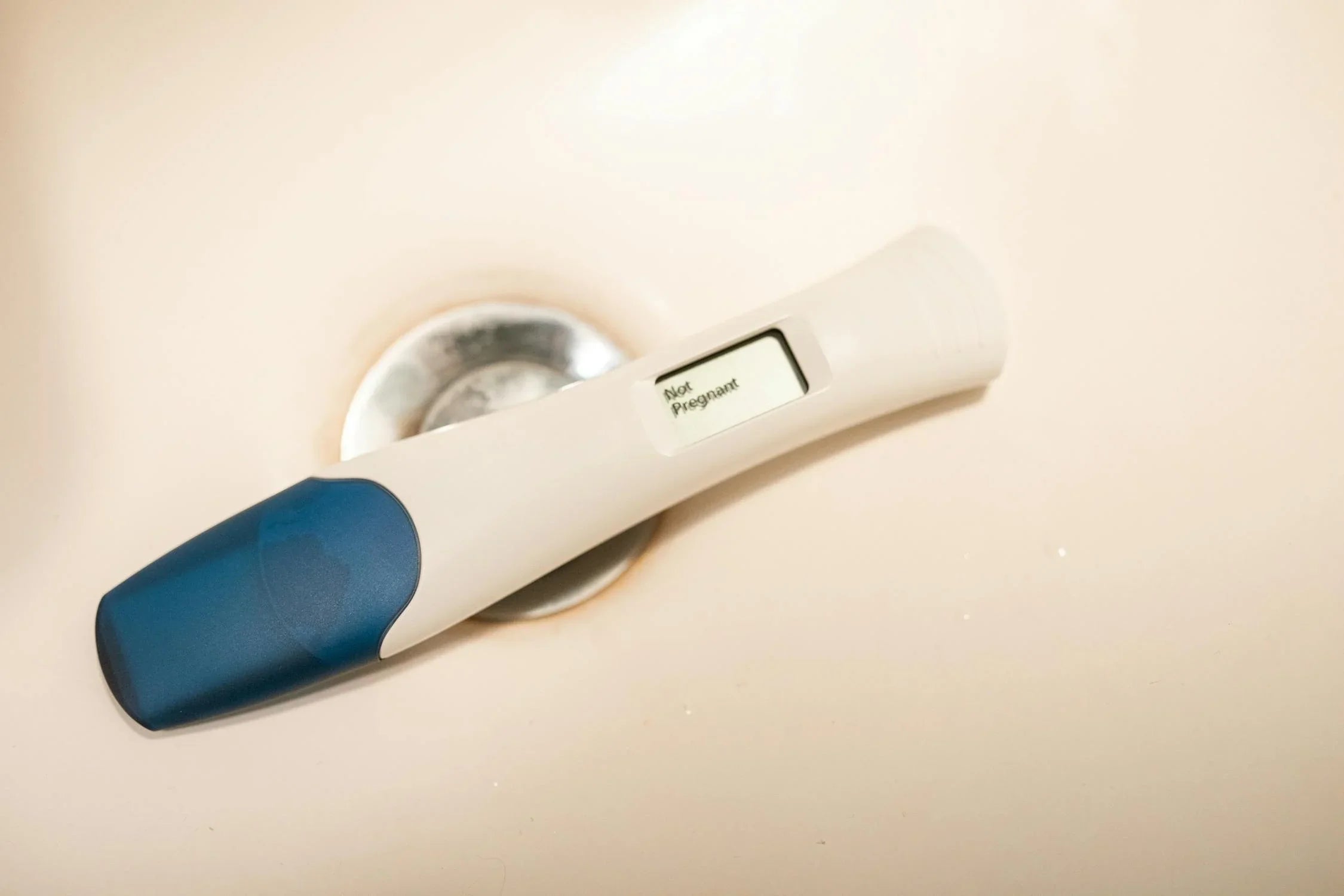Inicio
Pregnancy, Breastfeeding, and Pumping: The Ultimate Guide for Moms
When Can You Take a Pregnancy Test After Implantation Bleeding?

When Can You Take a Pregnancy Test After Implantation Bleeding?
Are you eagerly waiting to find out if you're pregnant after noticing implantation bleeding? Understanding the right time to take a pregnancy test can make all the difference in getting accurate results. Let's dive into the details to help you navigate this crucial period with confidence.
What is Implantation Bleeding?
Implantation bleeding is a light spotting that occurs when a fertilized egg attaches itself to the lining of the uterus. This process typically happens about 6 to 12 days after ovulation. Unlike menstrual bleeding, implantation bleeding is usually lighter in flow and shorter in duration. It's often one of the first signs of pregnancy, but it can be easily mistaken for a regular period.
How Does Implantation Bleeding Relate to Pregnancy?
Implantation bleeding is a key indicator that a fertilized egg has successfully implanted in the uterine lining. This event triggers the release of human chorionic gonadotropin (hCG), a hormone that pregnancy tests detect. The presence of hCG in your body is what confirms pregnancy, making it essential to understand when this hormone becomes detectable.
When Can You Take a Pregnancy Test After Implantation Bleeding?
The timing of when to take a pregnancy test after implantation bleeding is crucial for accuracy. Here's a breakdown of the timeline:
- Immediately After Implantation Bleeding: It's generally too early to take a pregnancy test right after noticing implantation bleeding. The hCG levels may not yet be high enough to be detected by most tests.
- 1-2 Days After Implantation Bleeding: While some sensitive tests might detect hCG at this stage, the results may not be reliable. It's better to wait a bit longer for more accurate results.
- 3-5 Days After Implantation Bleeding: This is often the optimal time to take a pregnancy test. By this point, hCG levels should be high enough to be detected by most home pregnancy tests.
- 1 Week After Implantation Bleeding: If you wait a full week after implantation bleeding, the chances of getting an accurate result are significantly higher. Most tests will provide reliable results at this stage.
Factors Affecting the Accuracy of Pregnancy Tests
Several factors can influence the accuracy of a pregnancy test taken after implantation bleeding:
- Test Sensitivity: Different tests have varying levels of sensitivity to hCG. More sensitive tests can detect lower levels of the hormone earlier in the pregnancy.
- Time of Day: Taking the test first thing in the morning, when your urine is most concentrated, can improve accuracy.
- Proper Usage: Following the instructions on the pregnancy test kit is essential for obtaining reliable results.
- Individual hCG Levels: Every woman's body produces hCG at different rates, which can affect when the hormone becomes detectable.
What to Do If You Get a Negative Result
If you take a pregnancy test after implantation bleeding and get a negative result, don't lose hope. It could be that the hCG levels are still too low to detect. Wait a few more days and take another test. If you continue to experience symptoms of pregnancy but keep getting negative results, it's a good idea to consult a healthcare professional for further evaluation.
When to See a Doctor
While home pregnancy tests are generally reliable, there are situations where consulting a doctor is advisable:
- Persistent Symptoms: If you have ongoing pregnancy symptoms but negative test results, a doctor can perform a blood test to measure hCG levels more accurately.
- Heavy Bleeding: If you experience heavy bleeding or severe pain, seek medical attention immediately, as these could be signs of a miscarriage or ectopic pregnancy.
- Uncertainty: If you're unsure about the results or timing of your test, a healthcare provider can offer guidance and support.
Tips for Accurate Testing
To ensure you get the most accurate results when taking a pregnancy test after implantation bleeding, consider the following tips:
- Wait for the Right Time: Patience is key. Waiting a few days after implantation bleeding can significantly improve the accuracy of your test.
- Use a Sensitive Test: Opt for a test that is known for its sensitivity to low levels of hCG.
- Follow Instructions: Carefully read and follow the instructions provided with the test kit.
- Test in the Morning: For the most concentrated urine sample, take the test first thing in the morning.
Understanding when to take a pregnancy test after implantation bleeding can help you get the most accurate results and reduce unnecessary stress. By following the guidelines and tips outlined in this article, you'll be better prepared to navigate this exciting and potentially life-changing time. Remember, every woman's body is different, so it's essential to listen to yours and seek professional advice when needed.
Compartir


